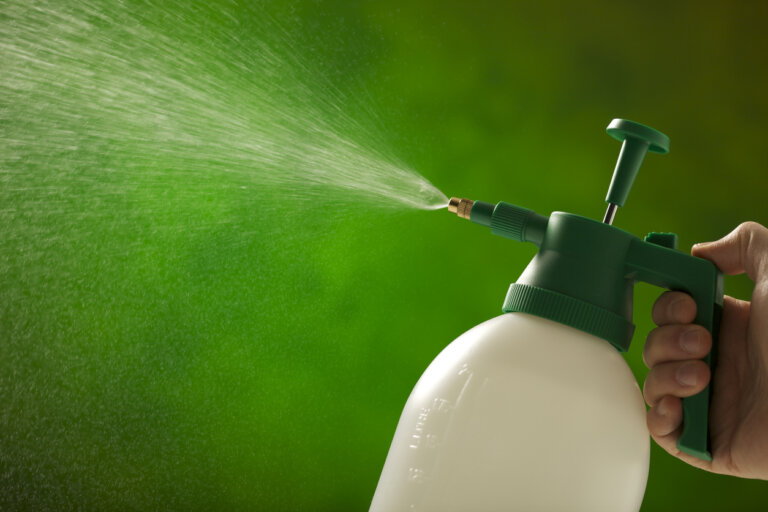Toxic tort claims are winnable with the right set of facts, but they are an uphill battle. The best way to prove liability and recover damages in toxic torts cases is to speak with a toxic torts lawyer. Toxic torts claims are more challenging than a straightforward motor vehicle accident injury claim, so you will not want to handle your toxic torts case like a DIY project.
Examples of Toxic Torts Cases
Some of the largest lawsuits in recent U.S. legal history are toxic torts claims. RoundUp weedkiller, Camp Lejeune contaminated water, tobacco, Agent Orange, and asbestos litigation were landmark cases alleging that chemicals caused harm to people who got exposed to the dangerous chemicals. Some of these cases are still pending.
How to Prove Liability in Toxic Tort Claims
To win a toxic torts case, the plaintiff must prove many things. For example, the injured person must resent reliable scientific evidence that:
- The chemical substance in question was dangerous to people. Let’s use the example of asbestos. Plaintiffs had to submit expert witness testimony of the dangers of asbestos to the human body. People exposed to asbestos could develop asbestos bodies as an immune response, and eventually develop various forms of cancer, like mesothelioma.
- This plaintiff got exposed to the toxic substance. Asbestosis plaintiffs had to show that they got exposed to asbestos when working construction, serving in the military, working in a shipyard, or some other known source of exposure.
- The plaintiff developed one of the diseases, like mesothelioma, now known to get caused by exposure to asbestos.
- Usually, the plaintiff has to show that this defendant made the chemical substance that harmed the plaintiff. The asbestosis lawsuits, instead, made the principal manufacturers of asbestos-containing products liable.
The exact things you will have to prove in your toxic torts case will depend on the unique circumstances of your situation.
Recoverable Damages in Toxic Tort Cases
Toxic tort cases can involve some of the standard categories of damages available in many other types of personal injury cases and some other types of damages not usually recoverable in less sophisticated cases.
Standard Personal Injury Damages
Most personal injury claims, including toxic tort cases, involve a request for compensation for the harm the plaintiff suffered. These damages can include things like medical expenses, lost wages, disability, permanent impairment, pain and suffering, disfigurement, loss of enjoyment of life, and wrongful death.
Less Common Damages
It can take many years, even decades, for some of the adverse health effects of exposure to harmful chemicals to develop into cancer or other diseases. For this reason, the defendant might have to pay for the expenses of regular, ongoing medical testing to monitor people with exposure.
Sometimes, the plaintiffs can find a “smoking gun,” an email, memo, note, or study that proves that the defendant knew about the risk of harm from the substance, but they covered up this information so that the Food and Drug Administration (FDA) would approve the product for sale.
When the maker received reports of actual people getting harmed, they still did not warn people, notify the FDA, or take the product off the market and try to make it safer. In these situations, the jury might assess punitive damages against the manufacturer for putting greed ahead of consumer safety.
A toxic tort lawyer would be happy to talk to you about your case and help you hold the at-fault parties accountable for harming you. Get in touch with our office today for help with your case.

